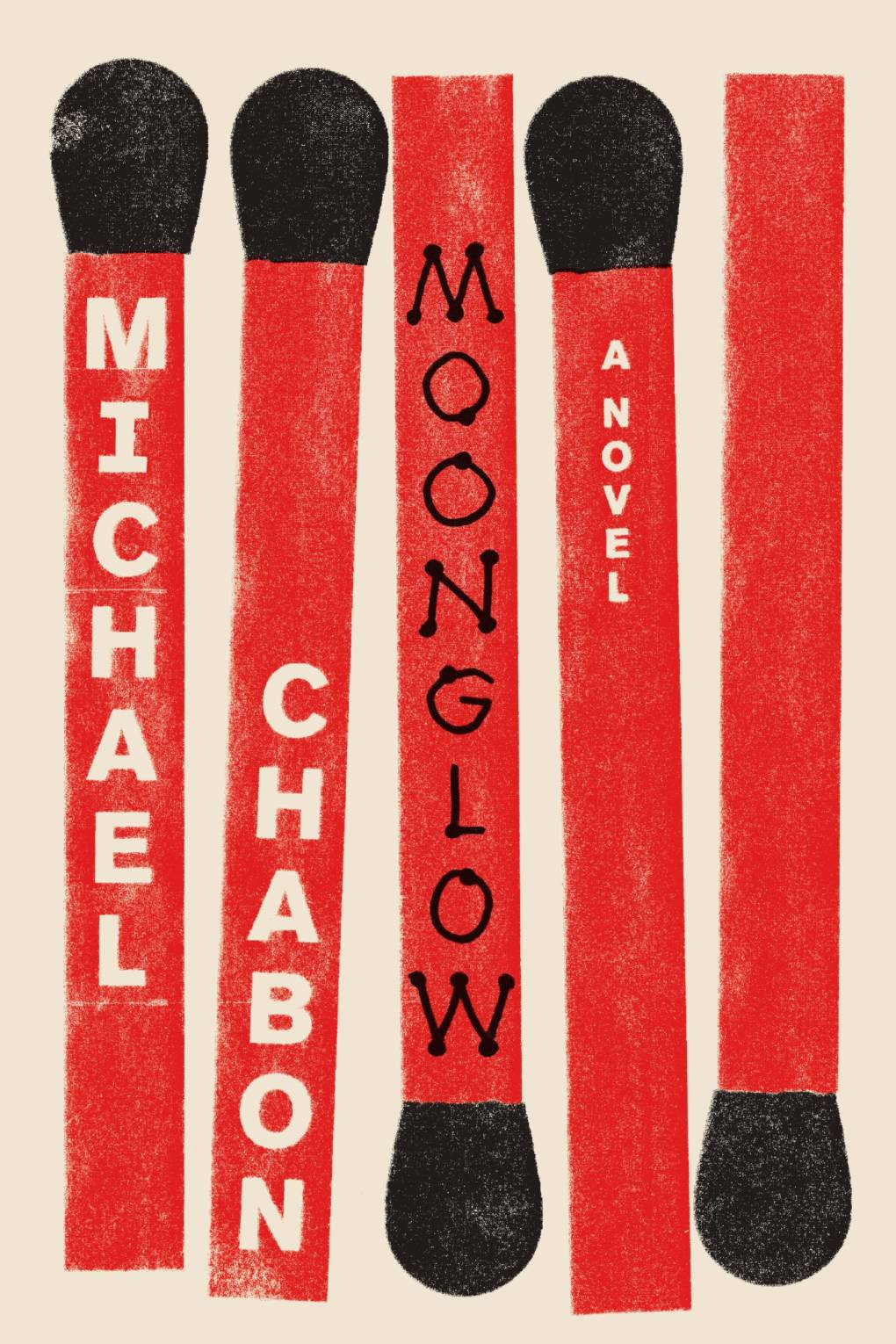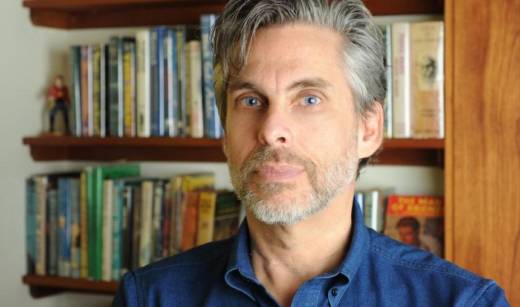Moonglow, the newest book by Michael Chabon, is a novel wrapped in a memoir. Or maybe it’s memoir wrapped in a novel. Either way, it’s an elegantly structured narrative that examines what can be known about a family history colored by personal and historical suffering.
The book is based on the deathbed confessions of Chabon’s grandfather. While high on painkillers, he began telling Chabon stories about his stint in jail, serving in World War II, retirement in Florida, and marriage to Chabon’s grandmother. Moonglow is the grandfather’s life story, but with embellishments to fill in the gaps. As Chabon puts it, “I have stuck to facts, except when facts refused to conform with memory, narrative purpose, or the truth as I prefer to understand it.”
The grandfather is a familiar 20th-century type, emotionally repressed and controlled. He’s the kind of man who drinks one glass of scotch every Friday night and makes models of lunar bases in his spare time. Chabon’s grandmother, on the other hand, is a dramatic figure who tells stories to her grandson using Tarot cards and who plays an Elvira-like character called the Night Witch on Baltimore television. The first time the grandfather sees her, she’s “posed beside a potted palm, in a fox stole and sunglasses, under a banner that read, TRY YOUR LUCK!”

Some of the best passages in Moonglow are about the grandmother’s mental illness, which involves terrifying hallucinations of a skinless horse. The illness is related to the grandmother’s trauma as a Jew during World War II. “She was a vessel built to hold the pain of history, but it had cracked her, and radiant darkness leaked out through the crack.” The grandparents’ relationship is a model in fidelity. Despite the turmoil driving them apart, they keep coming back together. Deep love exists alongside personal pain, which seems to necessitate careful negotiation. While Michael learns the full story of his grandmother’s experiences in the war, the grandfather remains willfully ignorant. “What if she were to tell you something or you learned something about her… that caused you to question everything she had told you before?” a psychiatrist asks the grandfather. He replies: “Sounds like I ought to tell her not to tell me.”


